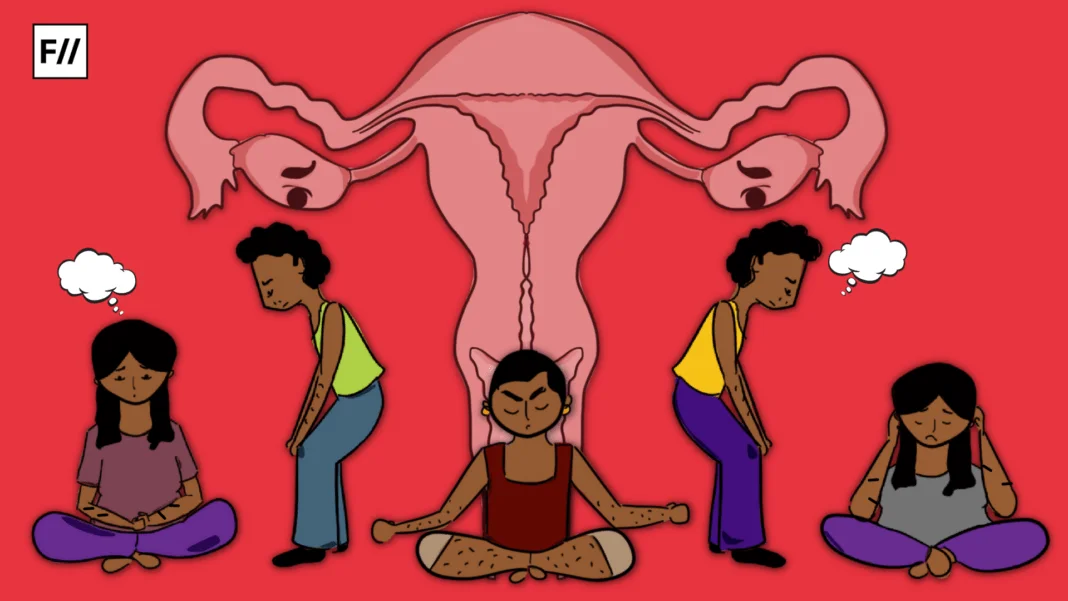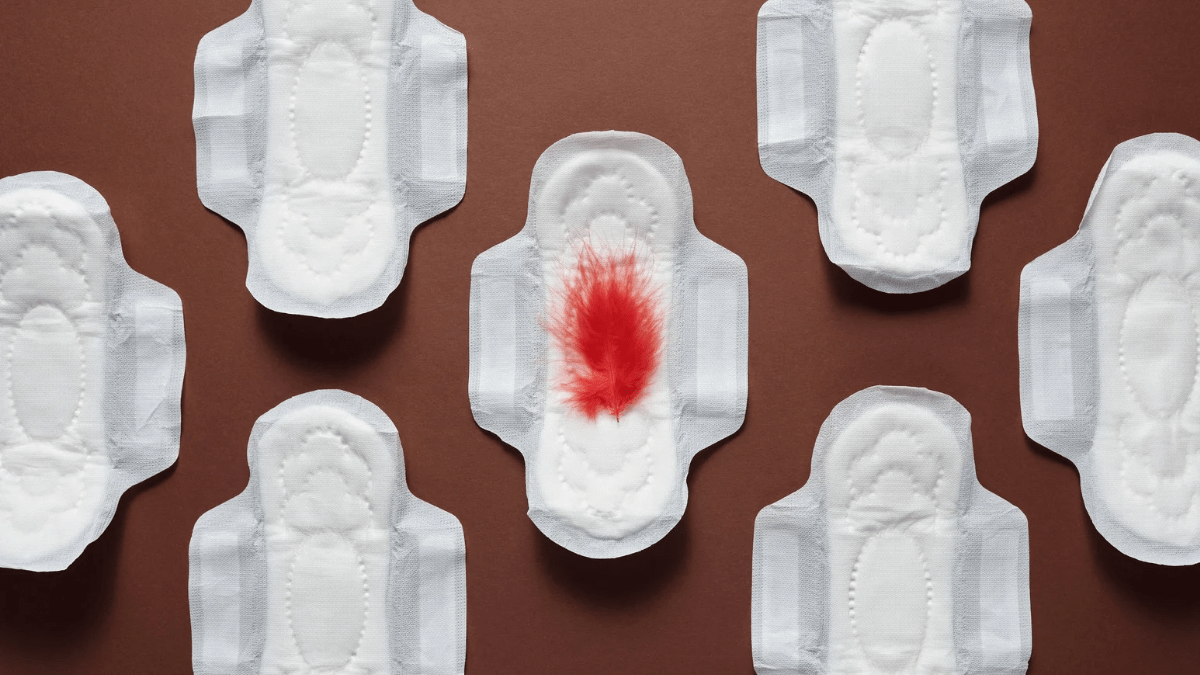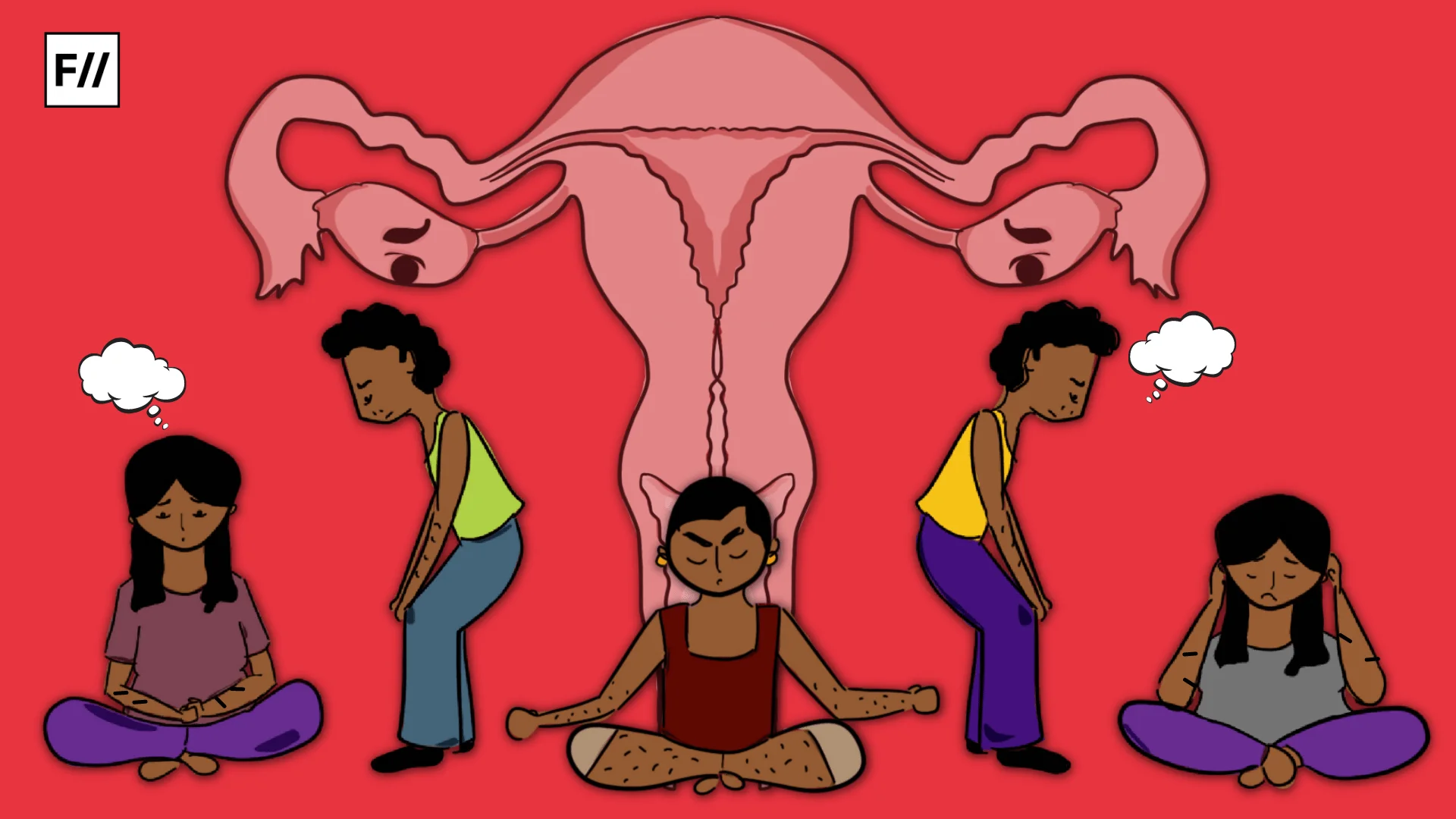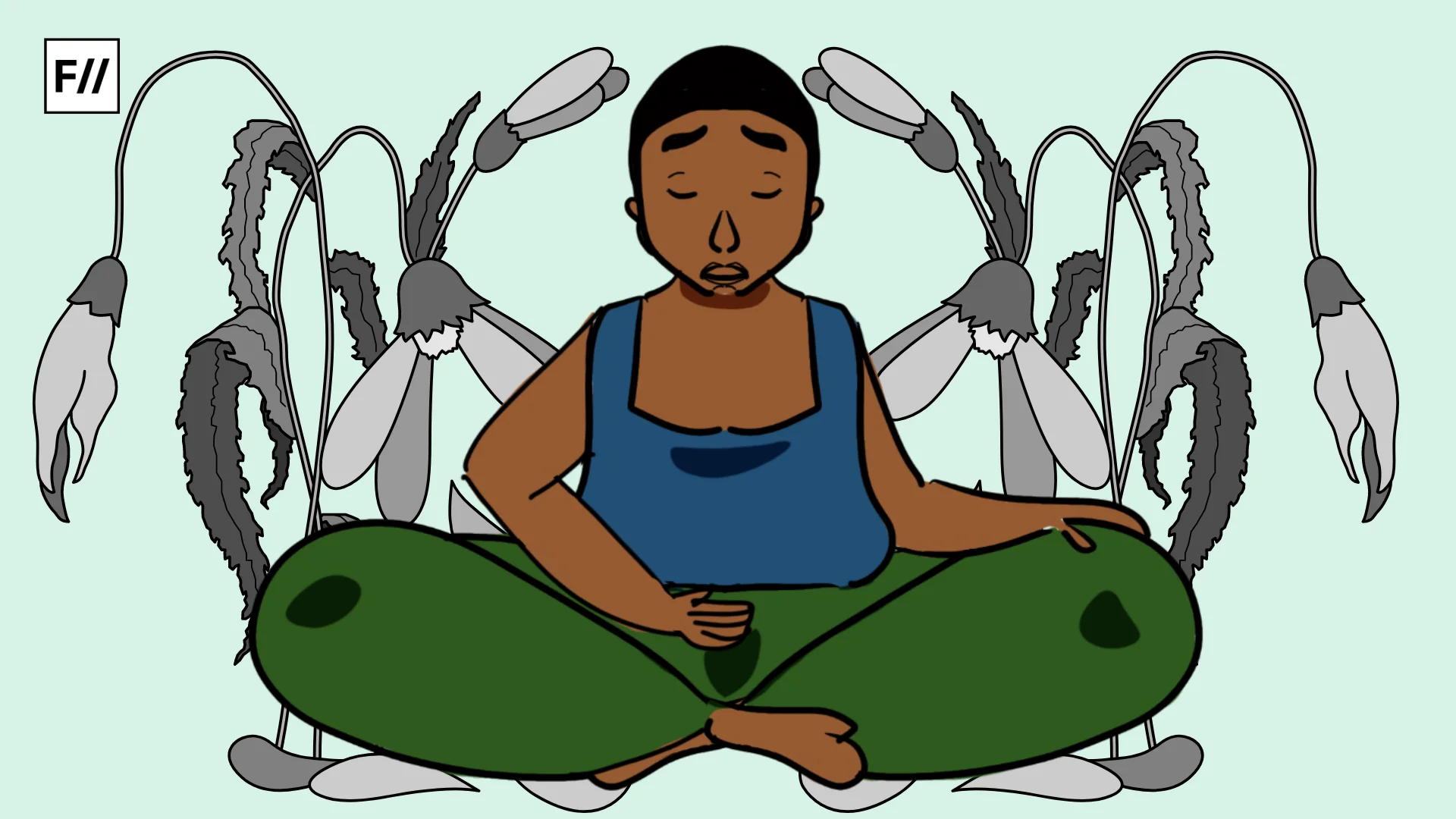Menstrual health and hygiene in India has seen tremendous changes in the past few years. One can see a new dawn to the menstrual health landscape as eight in every ten women aged between 15-24 years now use safe menstrual hygiene products, according to the Fifth National Family Health Survey. Though the situation has improved for a majority of India’s population, there still exist certain vulnerable groups that do not get access to safe and adequate menstrual healthcare. One such group is the women prisoners in India.
Though the situation has improved for a majority of India’s population, there still exist certain vulnerable groups that do not get access to safe and adequate menstrual healthcare.
In a society that dehumanises prisoners, where their fundamental rights are rarely talked about, women prisoners face an additional burden due to the overlooking of their basic needs, including menstrual hygiene. According to Prisons Statistics India, there were almost 23,000 women prisoners in India as of 2021. This accounts for almost 4.13% of the total prison population. Out of this, 29.4% are between the age of 18-30 and 50 .7% are between 30-50 years. Thus, almost 80% of women prisoners are of menstruating age.
Inadequate water and washrooms
The Model Prison Manual 2016 provides a visionary framework to the prisons in India such that ‘sterilised sanitary pads should be issued to women prisoners as per their requirements.’ The implementation of the framework is, however, still questionable. Many states have not implemented facilities of adequate water and sanitation for female prisons. There is also a major issue of overcrowding in these prisons. There are only 34 female jails in India for 23,000 prisoners to accommodate. This leads to lack of availability of toilets and deterioration in their state due to overuse.

This deprives the female prisoners from getting access to water, detergents, soaps, etc. during their periods. Moreover, there is no prison rule for providing hot water to women prisoners during their periods.
Inaccessibility of sanitary pads and other menstrual products
A study conducted by the Commonwealth Human Rights Initiative, Periods in Prison, documenting the Menstrual Health Management(MHM) systems in 11 women’s prisons across the country revealed disproportionality in the accessibility to menstrual products in different prisons. The decisions on the type, quality and quantity of menstrual products is often left to these institutions, which leads to discrepancies and substandardisation.
There exists a lack of framework for mandating the supply of free sanitary pads in prisons. This results in some states providing free sanitary pads without a quantity limit, while others provide a limited number of free pads. The study found that some prisons provided around 10 pads for one menstrual cycle while some provided around 20. In this case women either have to limit their usage to the fixed number of pads that they get or they have to resort to using cloth, ash or newspapers.
There are some states that do not provide free sanitary pads at all. In such a case, inmates have to either buy these from the canteen or rely on their families for them.
There are some states that do not provide free sanitary pads at all. In such a case, inmates have to either buy these from the canteen or rely on their families for them. In CHRI’s 2019 report, Inside Haryana Prisons, it was evident that there exists a general lack of awareness of rights and entitlements amongst female prisoners. When they resort to buy sanitary pads from the canteen, it defies the idea of ‘menstrual health rights’ defined by United Nations Population Funds as it subjects menstrual health products not as a necessity (like food and shelter) but as a luxury that one has to pay for. As they had to rely on family members, the reluctancy in talking about periods often led to poor access to menstrual health. Moreover, there are a considerable number of women who are not often visited by their families.
There is also little to no discussion on the size of sanitary pads provided in these prisons. This “one size fits all” practice is not only restrictive but also discriminatory for female prisoners. Moreover, other menstrual products are fairly inaccessible.
Poor disposal of menstrual waste
Menstrual waste management is often less talked about. The lack of mandates in the Model Prison Manual have led to poor disposal practices in most women prisons in India. While there are a few like Special Prison for Women, Tiruchirappalli, Tamil Nadu, that follows bio-medical waste management rules, providing the inmates safe and hygienic modes of menstrual waste disposal, others show signs of unhygienic and poor waste management practices. The report by CHRI and NGO Boond revealed that some prisons asked the women to wash their used pads before disposing them in a common dustbin.

The practice was not only unhygienic but also a reiteration on the taboo and disgust that exists around menstruation and period blood.
Pregnancy, menopause and health
The health infrastructure inside prisons is just as inadequate as the one outside it. There is an endemic shortage of Medical Officers in Prisons in India. Only about half (647) of the nationwide sanctioned posts (1178) for Medical Officers were filled in 2018, according to the Prison Statistics India report. Of these, only 72 are women. Currently, Statista notes that there is 100% of vacancies for prison medical officers in Mizoram, 77.3% in Bengal, 47.2% in Haryana, 36% in Uttar Pradesh and 11% in Manipur. The staggering numbers show a clear lack of medical infrastructure for prison in India. Pregnant women face greater challenges in prisons than other inmates.
‘I was bleeding so badly, and they only gave me one pad. They only gave me one pad the whole time, and my pants, I had blood everywhere… It took them hours before they called an ambulance and took me to the hospital, and then they found out I had miscarried,’ said a pregnant prisoner.
Adding on, there have been no research or initiatives by the state to acknowledge the needs of women prisoners with PCOD and other related conditions.
Moreover, women in menopausal age experience great mental and bodily changes. Though it requires special attention and care, due to the invisibility of these women in the discourse, their needs are often overlooked. Adding on, there have been no research or initiatives by the state to acknowledge the needs of women prisoners with PCOD and other related conditions.
Way forward for better menstrual hygiene management
The discussions on prison reforms and the plight of women prisoners have led to some positive initiatives being taken by a few prison authorities. In the biggest Central Jail, Tihar, a sanitary pad factory is run as collaboration between the state and NGO Pahal. The factory also takes care of the in-house needs of pregnant women prisoners by providing gynaecological examinations, pre-natal and post-natal care, and granting emergency leave for delivery outside of the prison. Female inmates in Delhi earned over ₹79 lakh in 2022. There is a need for such initiatives in not just prisons at the central level, but also at the state and district level.

The problem of overcrowding must be tackled by both faster trials and increasing infrastructure. Access to clean and adequate water must be ensured. More medical officers must be deployed. Menstrual hygiene products must be free for all prisons and should include sanitary pads, menstrual cups and tampons depending upon the needs of the prisoners. Only when menstrual healthcare reaches the most vulnerable groups like prisoners in India, will we be truly achieving equitable and inclusive healthcare for all.




